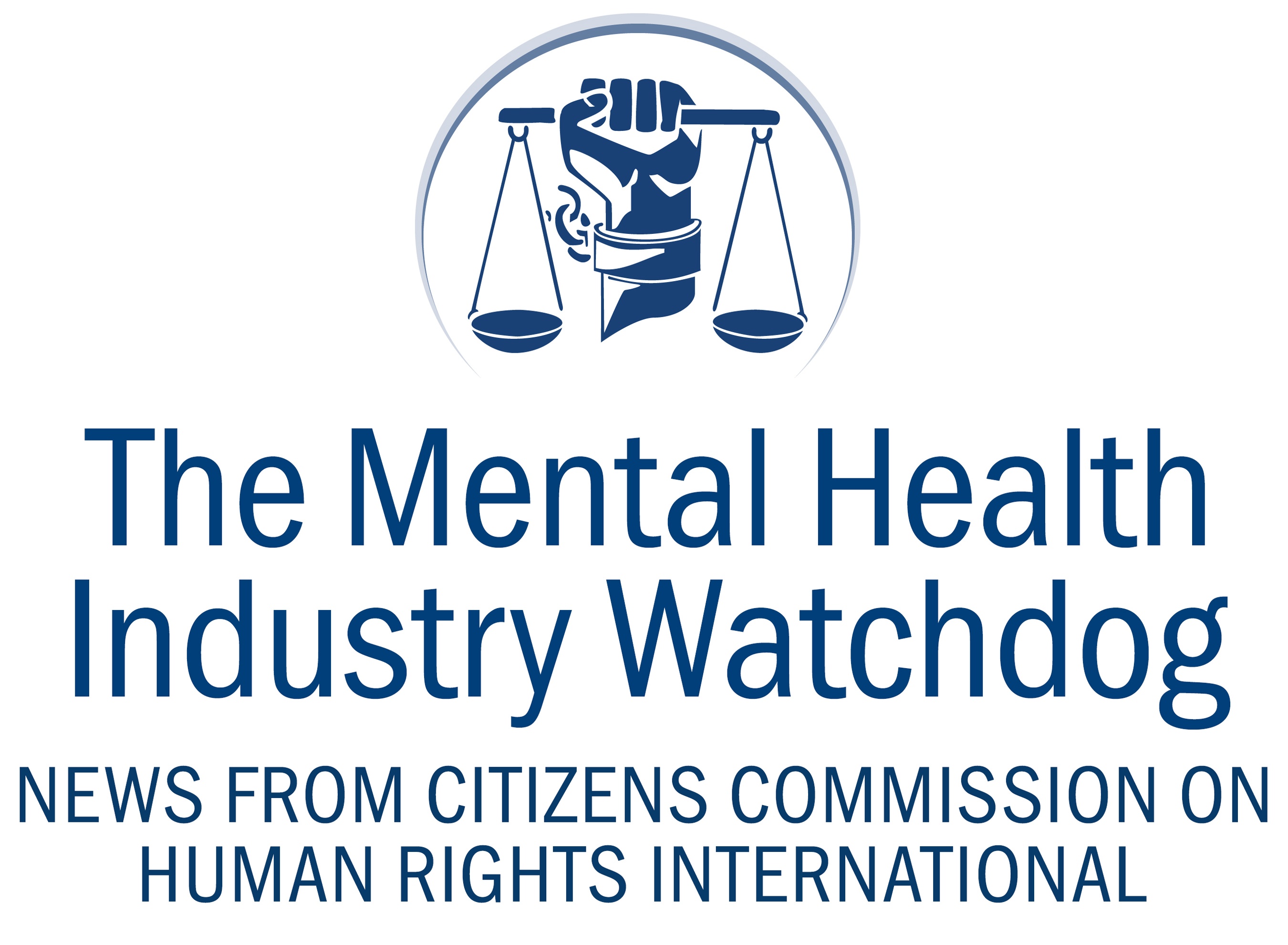A recent article published in Psychotherapy and Psychosomatics by researches in Ontario, Canada, is a very clear indicator that antidepressants can cause a 33% increase in mortality and 14% increase in cardiovascular events in the general population. Two reviewers independently assessed articles from PubMed, Embase (Elsevier’s biomedical database), and Google Scholar for antidepressant-related mortality. There were 17 studies included in the meta-analysis.[1]
According to the IMS Health Vector One National database, there are over 41 million Americans taking antidepressants, including over 2 million under the age of 18 and 110,000 under the age of 6. This shows that the public has a 1 in 3 chance of death if they take antidepressants.
The researchers concluded: “The results support the hypothesis that ADs [antidepressants] are harmful in the general population….”
This adds to the already published 16 international studies on antidepressants causing death or increased risk of death, as well as three drugs regulatory agency warnings issued.
There have also been 151 drug regulatory agency warnings and 279 studies published internationally on the overall side effects of antidepressants, including suicide risk or suicidal behavior, cardiovascular disorders, heart problems, diabetes, birth defects, hostility or aggression, mania, psychosis, violence, and many others.
A study published in the Journal of the Royal Society of Medicine, reports on a systematic review and meta-analysis that was done to quantify the risk of suicidality and violence when newer antidepressants, called Selective Serotonin and Serotonin-Norepinephrine Reuptake Inhibitors (SSRIs/SNRIs) are given to healthy adult volunteers with no signs of a mental disorder. The conclusion was clear: treatment of healthy adult volunteers with antidepressants doubled their risk of harms related to suicidality and violence.[2]
There has been advances made in understanding brain biochemistry in last 30 years which can give a physician alternative tools to help his patients with emotional issues. For example, Dr. William J. Walsh of Walsh Research institute did a presentation in Dublin, Ireland, which included a study of more than 3,000 patients diagnosed with clinical depression. With over 250,000 assays of blood and urine done and 50-150 traits recorded for each patient. A wide range of abnormal chemistries and behavior were observed in the depressive population. Each patient was given personalized micro-nutrient program. Researchers found that 85% of compliant patients reported improvements and reduced need of antidepressants. Many patients reported zero depression without any drug use.[3]
References:
[1] Marta M. Maslej, Benjamin M. Bolker, et al., “The Mortality and Myocardial Effects of Antidepressants Are Moderated by Preexisting Cardiovascular Disease: A Meta-Analysis,” Psychotherapy and Psychosomatics, September 14, 2017, https://www.ncbi.nlm.nih.gov/pubmed/28903117.
[2] Andreas O Bielefeldt, et al., “Precursors to suicidality and violence on antidepressants: systematic review of trials in adult healthy volunteers,” Journal of the Royal Society of Medicine, October 2016, Vol. 109, No. 10, pp. 381-392, https://www.ncbi.nlm.nih.gov/pubmed/27729596.
[3] Walsh, William J., Nutrient Power: Heal Your Biochemistry and Heal Your Brain, (Skyhorse Publishing 2012).








Leave A Comment
You must be logged in to post a comment.